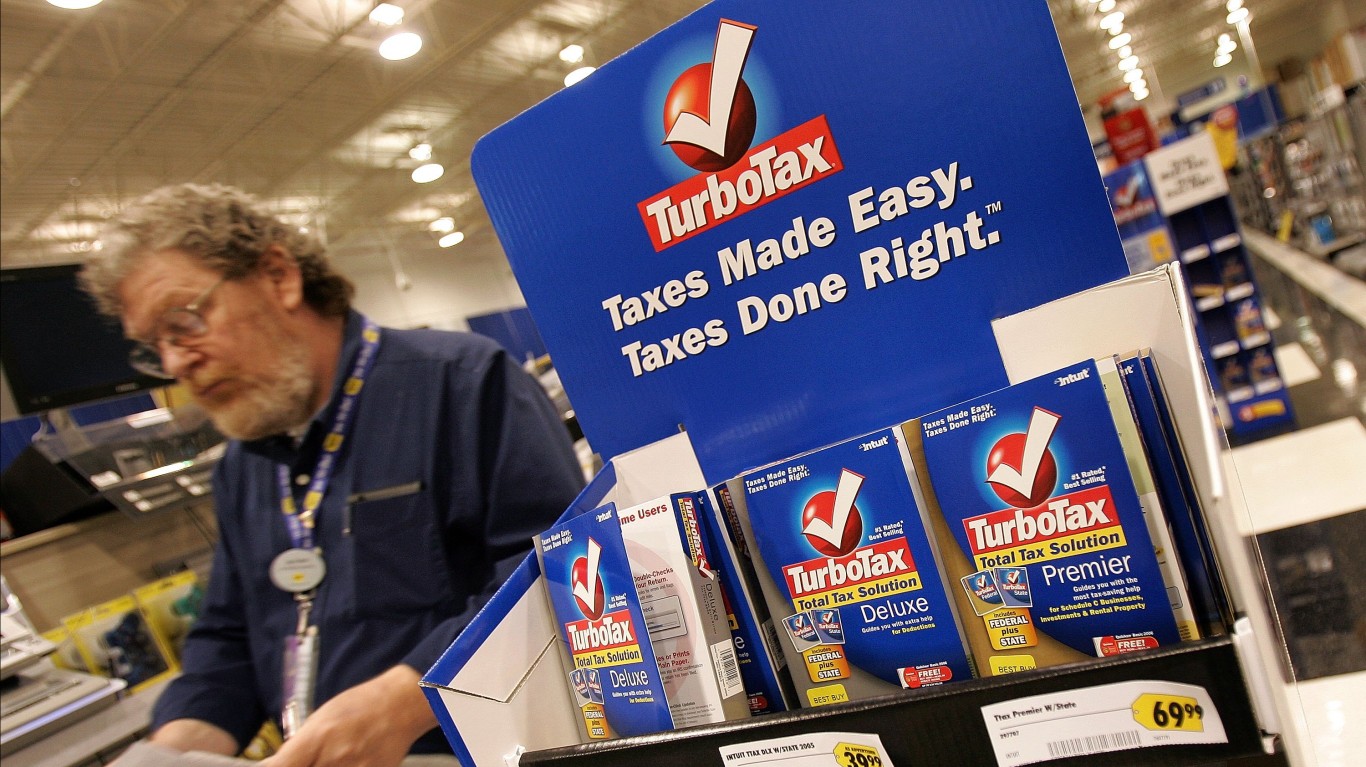
Although dividend stock investing is one of the surest ways for investors to dramatically increase their returns over time, dividend growth stocks are even better.
Studies have repeatedly shown dividend stocks have outperformed non-paying stocks by a wide margin for nearly 100 years. What’s less well-known is that stocks that initiate a dividend and increase the payout have performed best. As the stock market is a very different place today than it was back in the 1920s and 1930s, over the past 50 years, dividend growth returns are even better.
Data compiled by Ned Davis Research and the Hartford Funds shows that between 1973 and 2023, dividend growth stocks generated annual average returns of 10.2% compared to 9.2% by stocks that simply paid a dividend. Stocks that didn’t make a payout at all returned only 4.3%. Even better, dividend growth stocks produced those outsized results with lower volatility and less risk.
Below are three stocks with rising dividend payments that just hiked their payout by an average of more than 15% and have double-digit compound annual growth rates (CAGR) for at least the last five years.
Key Points About This Article:
- Dividend stocks have a long, proven track record of outperformance for investors compared to stocks that don’t pay a dividend.
- Yet dividend growth stocks perform even better, with less volatility and risk. It makes the three stocks below with double-digit long-term dividend growth rates attractive investments.
- Sit back and let dividends do the heavy lifting for a simple, steady path to serious wealth creation over time. Grab a free copy of “2 Legendary High-Yield Dividend Stocks“ now.
Intuit (INTU)

Tax prep software leader Intuit (NASDAQ:INTU) recently announced it was hiking its dividend by 15.6%, growing the payout from $0.90 per share to $1.04 per share. As Intuit has grown far beyond just its TurboTax software to become a leader in small business accounting software (QuickBooks), credit services (Credit Karma), and email (Mailchimp), it has delivered robust growth for investors.
Second-quarter revenue grew 13% to $3.2 billion, handily beating its own guidance of $3.06 billion to $3.1 billion. It also reported adjusted profits of $1.99 per share, also trouncing expectations of $1.80 to $1.85 per share.
Intuit has a long history of raising its dividend by healthy amounts. Over the past five years it has increased the payout by a 16.5% CAGR while over the past decade it is even better at 17.6% annually. The current increase is right in line with management’s track record of richly rewarding shareholders. The dividend yields 0.7% annually.
Wall Street has a buy rating on the stock and a one-year price target of $720 a share, implying about 12% upside. Yet INTU is still richly valued, going for almost 30 times next year’s earnings estimates, 11 times sales, and 39x the free cash flow it produces. It’s a lofty price, but Intuit still makes for a good long-term stock to own.
Hess (HES)

Exploration and production (E&P) oil stock Hess (NYSE:HES) is the second stock delivering double-digit dividend growth. It announced a 13.6% hike to its payout, raising the dividend to $0.50 per share from $0.44 per share. Hess dividend yields 1.5% annually.
Hess has been undergoing a transformation as it narrowed its focus to more profitable oil and gas assets such as its 30% interest in the Stabroek oilfield off the coast of Guyana, while selling non-core and less lucrative projects. It is also the target of an acquisition by industry giant Chevron (NYSE:CVX), which is trying to gain access to the Guyana oilfield with a $53 billion takeover bid.
While Hess accepted the offer, there is a bit of doubt about the deal being completed as Exxon Mobil (NYSE:XOM) claims it has right of first refusal for Hess’s Stabroek block in Guyana. If Exxon wins, Chevron would likely not follow through on the acquisition.
Yet Hess has been rewarding shareholders by raising its payout. Its five-year dividend CAGR is 14.9%, though over the past decade it is about half that rate. HES stock is down about 13% in 2024 on oil price weakness. With the stock trading at $126 per share, there could be an arbitrage bet here as Chevron’s bid is $171 per share. Still, that difference indicates the market’s doubts about the deal’s completion.
RCI Hospitality (RICK)

Last on our dividend growth stock list is RCI Hospitality (NASDAQ:RICK), best known for its portfolio of adult nightclubs, sports bars, and restaurants. It announced a dividend increase of 16.7% to $0.07 per share representing RCI’s 35th consecutive dividend payment.
While newer to the dividend scene than either Intuit or Hess, RCI is showing a willingness to reward its shareholders. It has a 16.6% CAGR for dividend hikes over the last five years but has more than doubled the payout since initiating its payout in 2016. The payout yields 0.2% annually.
RICK stock, however, is ailing, down 36% year-to-date as comparable sales at its clubs, bars, and restaurants have declined. Yet there is a bet to be made here if the economy does fall into a recession. Sin stocks like RCI’s tend to hold up better during troubled times. Moreover, it has substantial competitive advantages as licenses for adult entertainment tend to be limited. As it is also a serial acquirer, it provides an attractive exit strategy for club owners looking to sell, giving RICK’s a steady growth channel.
Wall Street rates the stock a buy and with a $98 per share one-year consensus price target, meaning there is an implied 131% upside baked into the forecast.
Take Charge of Your Retirement In Just A Few Minutes (Sponsor)
Retirement planning doesn’t have to feel overwhelming. The key is finding expert guidance—and SmartAsset’s simple quiz makes it easier than ever for you to connect with a vetted financial advisor.
Here’s how it works:
- Answer a Few Simple Questions. Tell us a bit about your goals and preferences—it only takes a few minutes!
- Get Matched with Vetted Advisors Our smart tool matches you with up to three pre-screened, vetted advisors who serve your area and are held to a fiduciary standard to act in your best interests. Click here to begin
- Choose Your Fit Review their profiles, schedule an introductory call (or meet in person), and select the advisor who feel is right for you.
Why wait? Start building the retirement you’ve always dreamed of. Click here to get started today!
Thank you for reading! Have some feedback for us?
Contact the 24/7 Wall St. editorial team.





